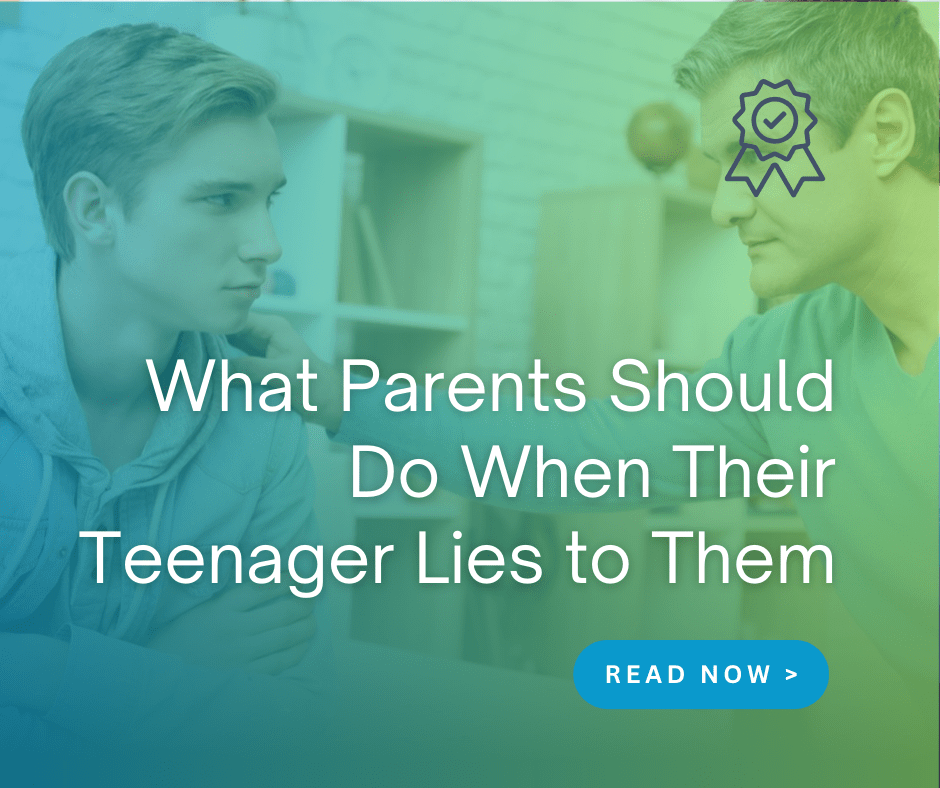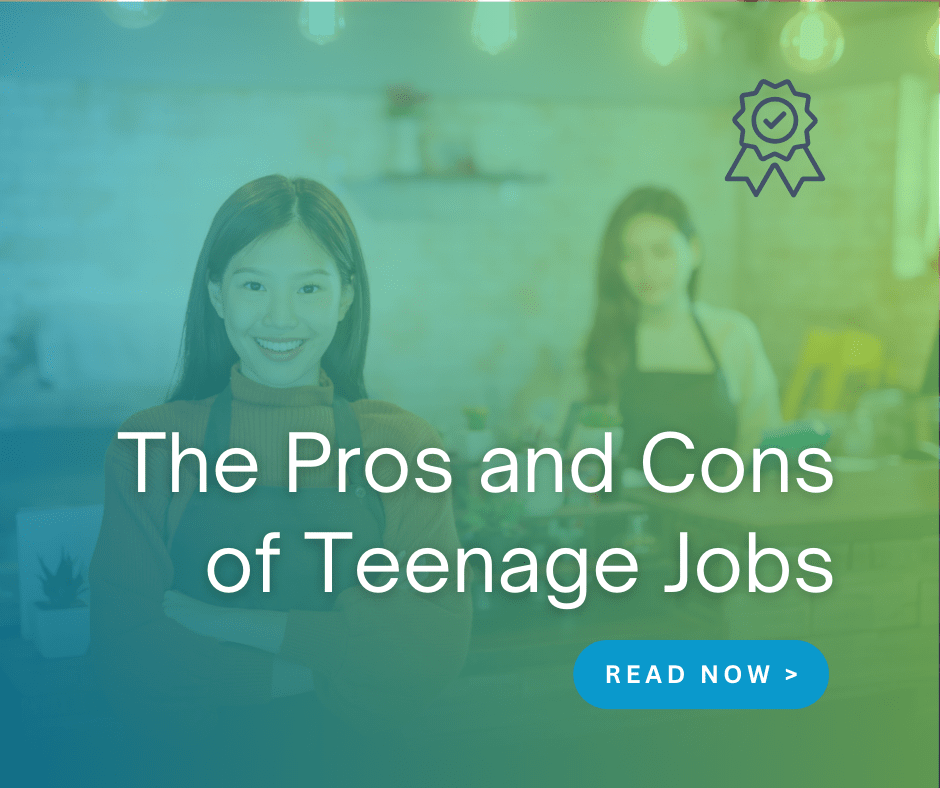December is here, which means we’re already in the thick of the winter holidays here in the U.S. Halloween warmed us up. Thanksgiving made it real. Now the big break is just around the corner. Kids will be out of school for a couple of weeks, families will travel near and far for vacations or to visit one another for their traditional holiday rituals. No matter your faith, your belief or non-belief in Santa Claus, or your opinions on the over-the-top commercialism that characterize this time of year, one thing is unmistakable: for the next several weeks, the holidays rule the country.
For people in recovery, the winter holidays present a special set of challenges. These challenges apply to people managing mental health disorders, people in recovery from alcohol or substance use disorders, and people managing co-occurring mental health and alcohol/substance use disorders. The thing that unites these three categories of people in recovery is the fact that in all three cases, an integrated, holistic approach to recovery contains specific techniques and tactics that support the following core components: mind, body, spirit, and community.
We’ll discuss each component, and offer helpful suggestions you can use during this holiday season to keep your recovery on track.
Holidays Trigger Everyone
Let’s get that out of the way immediately.
In recovery or not, the holidays bring up deep seated, intense emotions for everyone. A word from an aunt, a glance from a parent, a careless word from a teen – all these things can elicit extreme emotional responses. And it bears repeating that these little things that cause big emotional reactions – called triggers by people in recovery – happen to all of us, not just people in recovery.
Therefore, if you’re in recovery, the first thing you need to do is realize that although you may be the one living with a mental health diagnosis, the holidays can be tough all around. Which means respect, kindness, and being mindful of other’s emotions applies to you as well. This year, you can lead by example.
Now, let’s get to matter at hand: managing recovery during the holidays. We advise planning ahead and setting aside time to ensure you take practical steps every day to maintain your overall health and well-being. To do that, you need to have tried and true coping mechanisms at hand, ready to deploy at a moment’s notice.
Your coping mechanisms should include things that support your health in the following areas:
Mind
In this context, the coping skills that support your mind will also support your emotions, because we’re including not only the patterns of thought and behavior associated with your mental health or alcohol/substance use disorder, but also the attendant feelings and emotions. Your psychological and emotional coping mechanisms are yours to choose: you’ve worked on them in treatment, and now it’s time to put them into practice. They may include simple things like counting to ten when you feel triggered, setting clear boundaries with relatives you know push your buttons, or excusing yourself to go outside for a walk or breath of fresh air when your family is getting on your very last nerve.
Body
The holidays are not the time to drop your exercise or activity routine. We say activity routine because let’s face it: some people hate exercise, and if that’s you, you know you need to at least stay active and keep your body moving in order to maintain your overall sense of well-being. With that said, we reiterate that the holidays are the time to double down on, rather than take a break from, your exercise or activity routine. Do this by planning it all ahead of time. If you’re home, take all your regular classes and do all your regular workouts/activities. If you’re traveling, plan ahead: get online and look for gyms, yoga classes, places to walk or jog – whatever you like to do, plan a way to do it all the way through winter break.
Spirit
By spirit we don’t necessarily mean religion, but if you’re religious, then you already know the holidays are filled with ample opportunities to connect with your faith. Take those opportunities to celebrate and affirm your spirituality. If you don’t participate in organized religion or religious activities, the holidays are the perfect time to connect, or reconnect, with your sense of the divine. You can do this in the manner of your choosing. Many people meditate, spend time in nature, or intentionally focus on practicing gratitude, kindness, and love for their fellow humans, starting with their families or those closest to them.
Community
In this context, community means people. Starting with your family, or those closest to you, of course, but there’s another group of people essential to your recovery, especially if you’re in recovery from an alcohol or substance use disorder: your social support groups, such as Alcoholics Anonymous (AA), Narcotics Anonymous (NA), SMART Recovery, or local recovery groups sponsored by churches or community centers. If you’re staying home for the holidays, plan to attend all your regular meetings. And instead of skipping meetings at this time of year, we recommend going more often. If you’re traveling, get online, find meetings, and plan to attend them. Use them as your separate peace during the holiday season: reset, recharge, then return and rejoin the holiday festivities with your mind, body, and soul intact.
Lean In, Engage, Learn
If you love the holidays and get along well with your family, you probably have no problem jumping right in and enjoying all the festivities. We understand, though, that not everyone loves the holidays, and not everyone has smooth and balanced relationships with their family. That’s one hundred percent okay, on all levels – and in case you forgot, no one has a perfect relationship with everyone in their family.
Okay, maybe it happens, but we seriously doubt it.
All that to say that if you’re in recovery from an alcohol or substance use disorder, or managing a challenging mental health disorder, we bet your recovery peers, therapists, and counselors agree the holidays are a good time to work on improving, maintaining, and deepening those core relationships. Take this opportunity to learn more about yourself, your family, and grow in new and enriching ways: you might be surprised how good you feel when you choose to go all-in on the holiday cheer.












